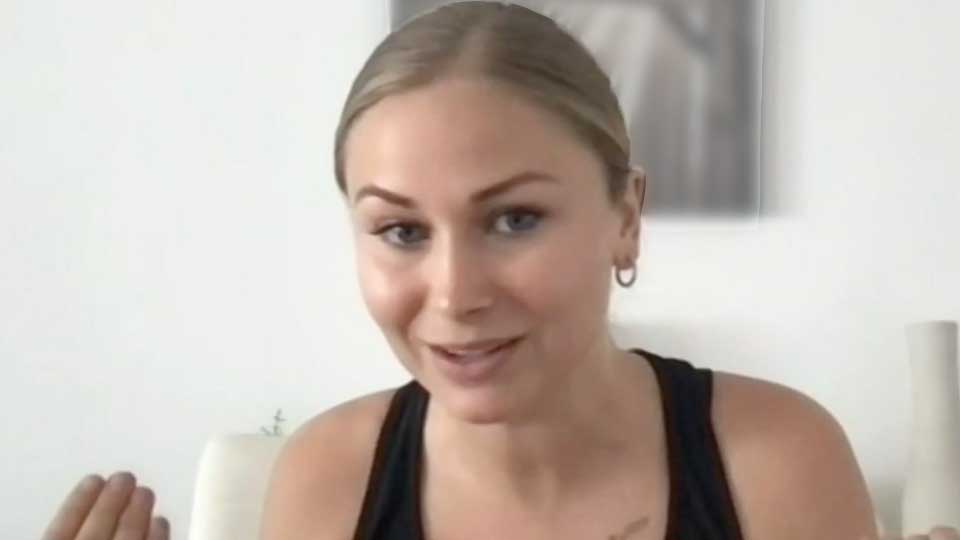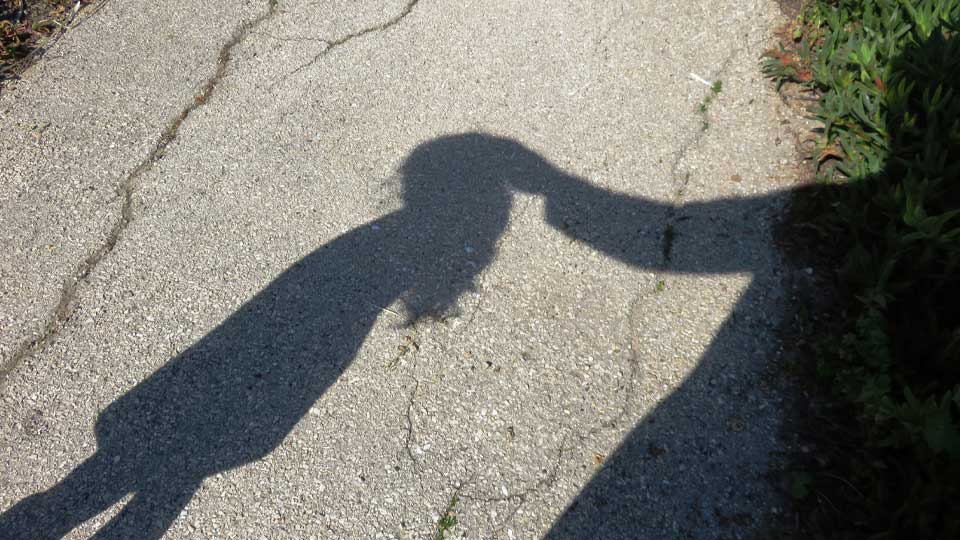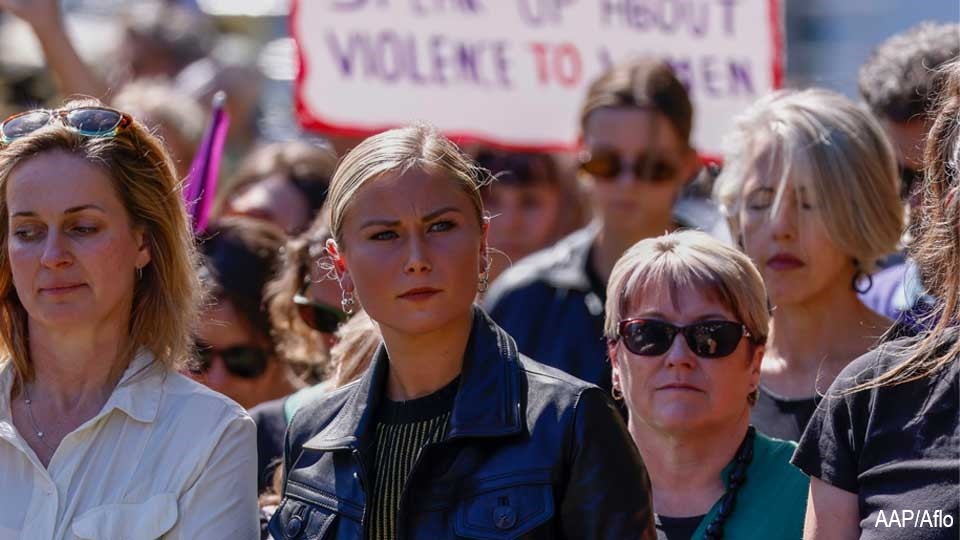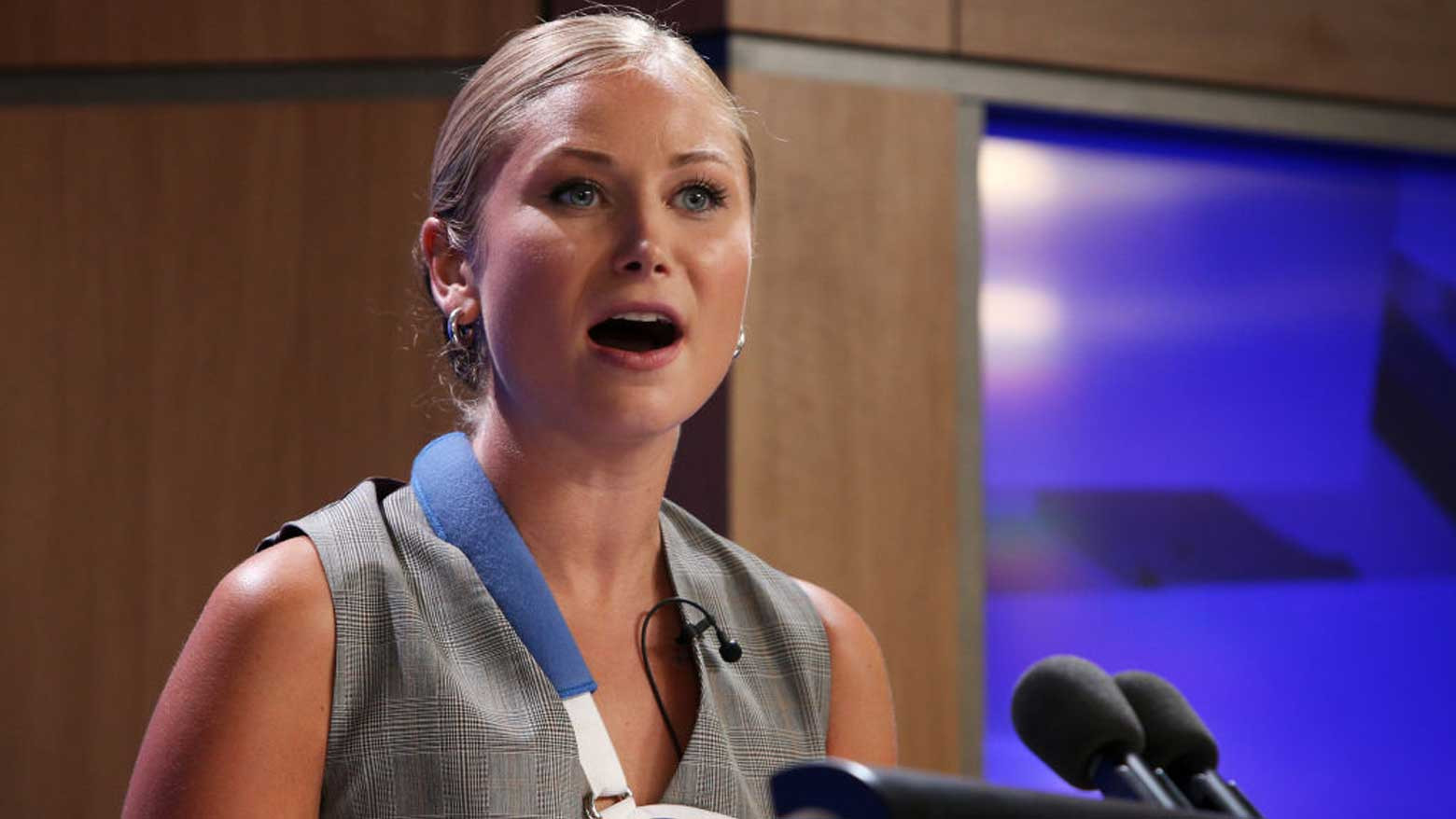The 27-year-old from the island of Tasmania is herself a survivor of sexual abuse. As a 15-year-old battling an eating disorder and struggling with her parents' separation, she turned to a teacher for support. The 58-year-old responded by grooming her, slowly gaining her trust before introducing her to books and films that glorified relationships between people of significant age differences.
Tame describes the feeling of being groomed as bewildering and terrifying: "The analogy that I give is, you know… what's more frightening than seeing that you are in the room with a spider? And the answer is, knowing that you're in the room with a spider but not being able to see where it is."

In 2011, after months of abuse, Tame confided in another teacher, who reported the matter to police. Her abuser was arrested and charged with having sex with a minor and possessing child pornography. He was sentenced to more than two years in prison.
Gagged by Tasmanian legislation, Tame was unable to speak about her abuse publicly. Finally, in 2019, after a two-year legal battle, she could tell her story. Her case ultimately led to a change in legislation that allowed all sexual abuse survivors, if they choose, to speak about their experience.
Grooming and its impact
Child sexual abuse is a crime that often starts with grooming, which Tame defines as "the careful preparation of the mind to prepare for, normalize and, ultimately, accept abuse." But only a few states and territories in Australia have a definition for the term, and there is currently no official national definition. Tame wants grooming to become a legal concept.
"If you can evidence grooming before any actual physical abuse starts, then hopefully you can intervene and protect children in that way," she says. Tame refers to an international standard outlining the six phases of grooming, as first defined by American forensic psychiatrist Dr. Michael Welner:
- 1) Finding a vulnerable target – children by definition are vulnerable and are easily targeted.
- 2) Gaining trust – establishing a false friendship to create what the victim feels is a safe space.
- 3) Fulfilling a need – where a predator identifies a gap in the support network of the target, and provides sympathy and comfort
- 4) Isolating a victim – removing the victim from their support network. Tame's abuser, upon learning of her family issues, drove a wedge between herself, and her parents and medical professionals who were helping with her eating disorder.
- 5) Sexualization – gradual exposure to sexually explicit content. This can be done subtly with films and books.
- 6) Maintaining control – predators try to find a balance between causing pain to the victim and providing relief from that pain.

While Tame's abuse started in person, researchers fear the COVID-19 pandemic is providing fresh opportunities for predators. Many children are increasingly reliant on online communities, an environment that can make it easier for pedophiles to manipulate a target because of the anonymity it provides.
"We've had more children online, because they're learning online, they're socializing online, they're using the internet more often," says University of New South Wales criminologist, Associate Professor Michael Salter. "But so are adults, of course, adults are spending more time online, so we have quite clear evidence that online communities of child sex offenders have been much more active."
Last year, Tame revisited the school where she was abused as a teenager and gave a speech to the students. She spoke about the traumatic events that led to substance abuse and self-harm as she looked for ways to ease the pain. Tame stressed the importance of combating the types of crimes that were committed against her, and urged that, although it is an uncomfortable topic to talk about, it's necessary to have conversations at school and at home, and hear survivor's voices.

Her own voice is one that's being heard across Australia. She has a foundation that tackles child sexual abuse, and in a headline-grabbing speech to Canberra's National Press Club in February, she made a case for "proactive, preventative measures" that include legislative change and funding.
Tame says that ultimately, her goal is to make child sexual abuse "non-existent. I want to create a country and ultimately a world without child sexual abuse and sexual assault."

